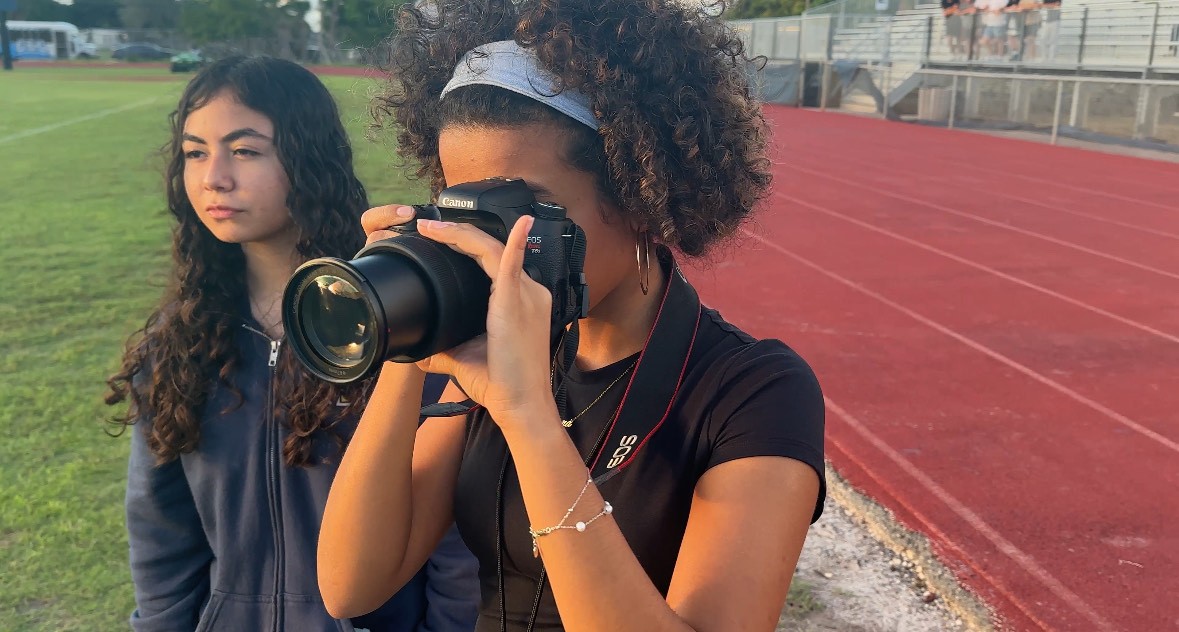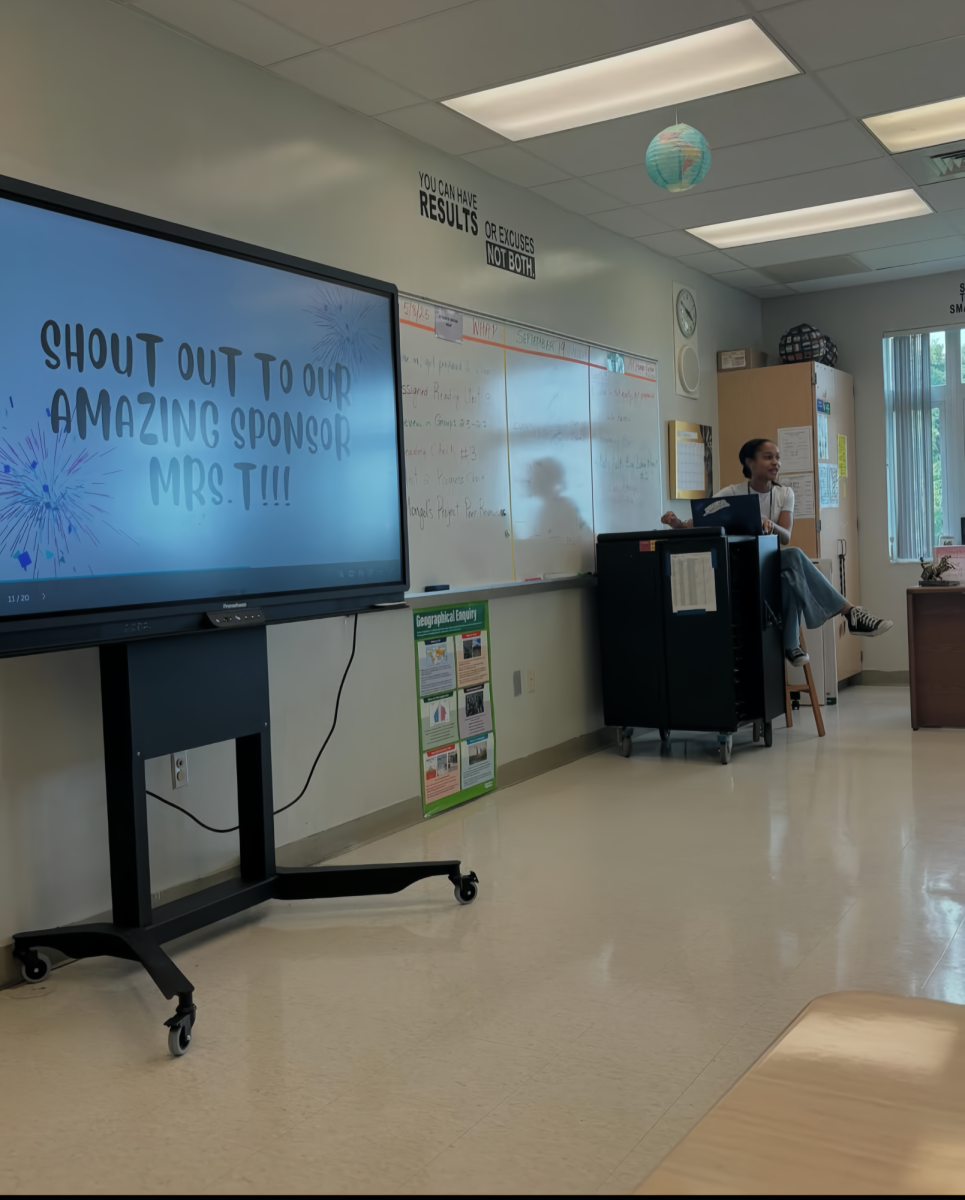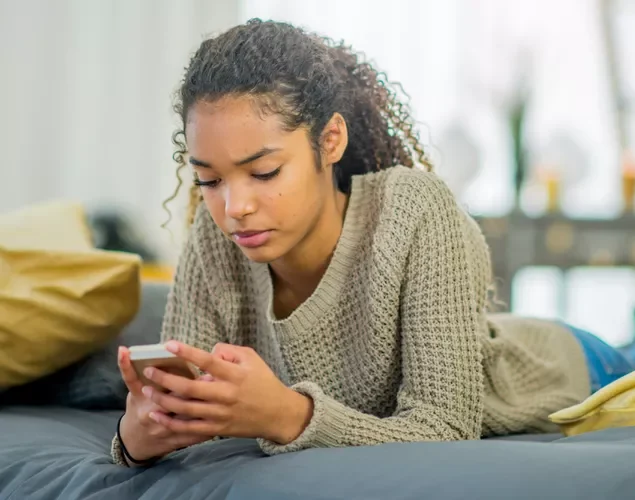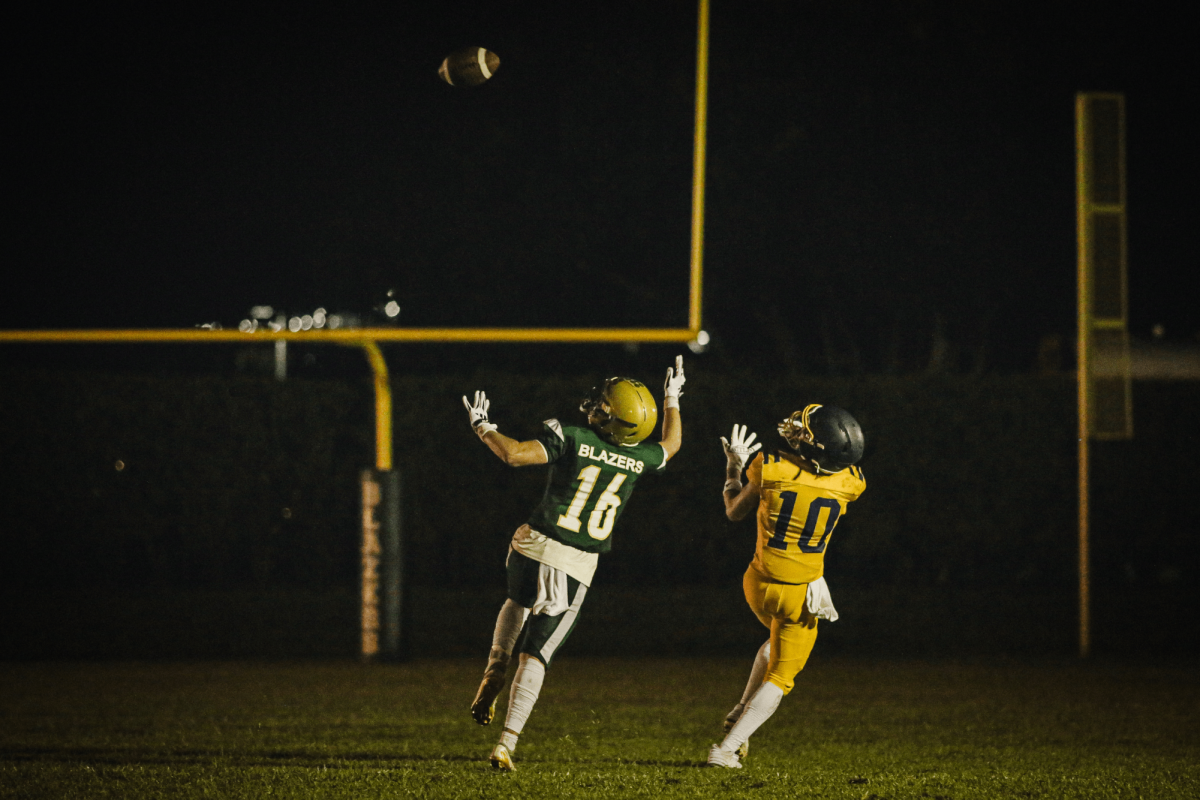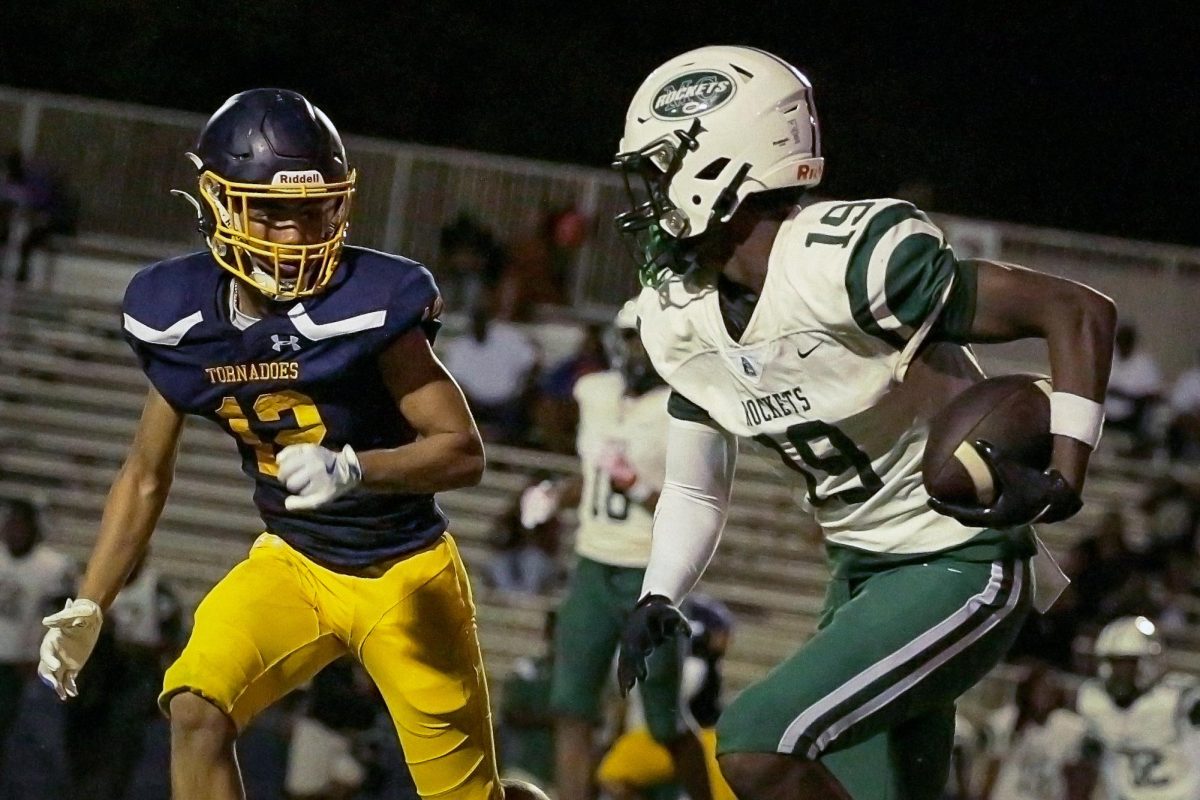Did Broward County take the cell phone ban too far? Since the beginning of the 2024-2025 school year students in Broward County have been hit with an all-day cell phone ban. With new rules come new opinions from the community, and surveys have been sent out to get the parents’ opinion of their children not being able to access their phones throughout the day. 68% of parents agree that students should not have access to their phones during class/educational time. However, 64% of parents disagree with the all-day ban. They argue that their children should have access to phones in case of an emergency. Recent surveys have shown that parents of high school students tend to be more opposed to cell phone bans in school compared to parents of elementary school students. However, the parents aren’t the only ones who disagree with the all-day ban.
For many students, smartphones are not just distractions; they are essential tools for communication, research, and organization. From Google Docs to educational apps, smartphones are becoming more a part of modern learning. By banning phones, Broward County risks removing a tool that students use to enhance their educational experience.
“Students benefit from being able to use their cell phones in an academic way like recording a video for a school project and googling things in class for research purposes,” Assistant Principal Dr. Tameka King said.
The cell phone ban should be pushed back to allow access to phones without negatively affecting our education time. Zyell Wiggins says the cell phone ban is not positively affecting her academics. “I am doing the same academically even with the phone policy. The ban was made for students to interact more and focus on their academics rather than their phones. It’s unnecessary because students use their phones regardless of the ban,” Manasika Gelin said.“Students need to show that they can work well without cell phones if they want to get them back,” King said. Will students get their cell phone privileges back? Could there be a solution in the future?
Rather than a complete ban, schools could implement specific guidelines that allow phones to be used responsibly and only when appropriate. For example, phones could be permitted during breaks or in designated areas but restricted during class time unless required for educational purposes. Additionally, students could be encouraged to put phones away during lessons and exams to ensure a focus on learning and mitigate the temptation to cheat.
“They should just allow us to use our phones during lunch and passing period, because people use it during that time no matter what,” freshman Hailey Brooks said.
While everyone has different opinions about this cellphone ban, most can agree there needs to be a change within the rules the district has implemented. As of now the district has become open to ideas from students and parents regarding the cellphone bans and how it can be improved on.








